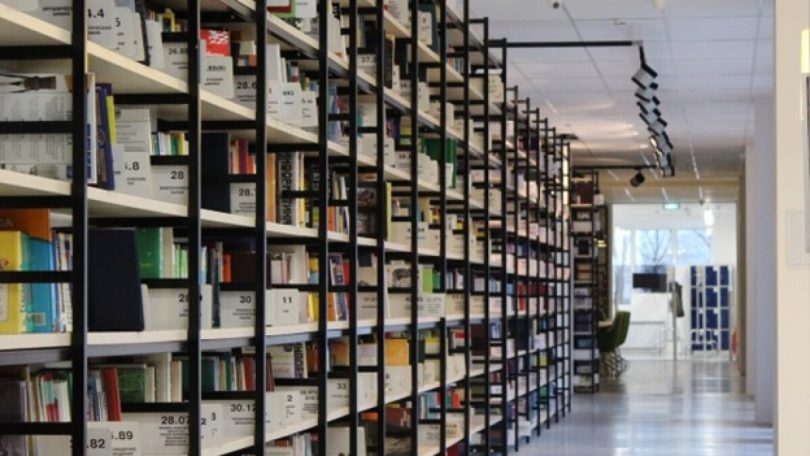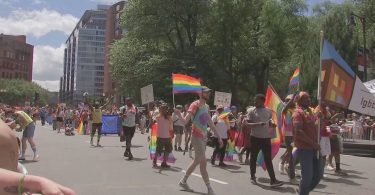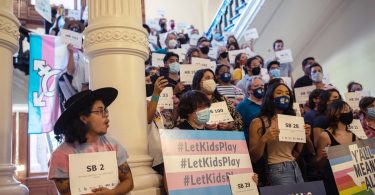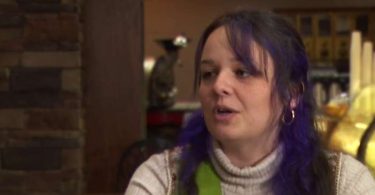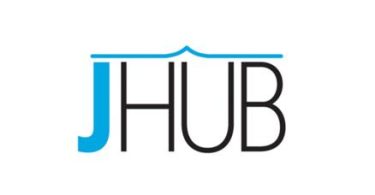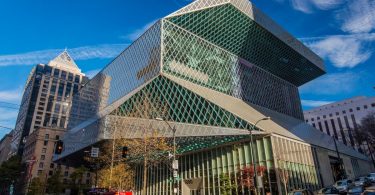Invisible Histories in Birmingham has launched a new initiative called the Memory Keeper project, designed to empower individuals and organizations to conduct, record, and document oral histories that amplify the voices of the LGBTQ community.
Starting this year, the project will focus on community-based participants, who will be selected to attend three training sessions. These participants, known as Memory Keepers, will be responsible for gathering at least three oral histories from their own communities over the course of a year.
“We wanted to find ways to connect more with the community, so we developed the Memory Keeper project as a way to provide training for people in the various communities that they work in on how to do good oral histories,” said Megan Sullivan, co-executive director of Invisible Histories. “We’re letting communities tell their own stories, instead of us coming in and trying to do them for them.”
The oral histories collected by the Memory Keepers will be preserved in the Invisible Histories archive. This initiative comes after recent shutdown of diversity, equity, and inclusion departments at Alabama public institutions and universities following the introduction of SB129.
“We can’t depend on us being included in mainstream history, so we have to come up with new and also old ways of retelling our stories,” said Sullivan.
In addition to the Memory Keeper project, Invisible Histories is also offering to archive materials related to LGBTQ, diversity, and multicultural centers. This effort is in response to concerns from state employees who fear these materials could be seized or destroyed following the bans.
“History is powerful. It empowers people. You learn about where you’ve been, and so to organize, to fight back, becomes a lot easier when you’ve got generations of people at your back. I think [achieving] it’s a direct threat to people who would like to silence progress and to harm marginalized communities, to have this history not just existing, but thriving and being shared,” said Sullivan.
To qualify for to be a Memory Keeper for Invisible Histories, applicants must be a community leader, member organizer, activist, or culture maker in Alabama, Mississippi, Georgia or the Florida Panhandle. Applicants must also be willing to conduct a year long project to preserve three local oral histories. Applications to become a Memory Keeper closes on September 22. Applicants will be notified about their status by September 30.
Invisible Histories locates, collects, researches and creates community-based, educational programming around LGBTQ history in the Deep South. For more on Invisible Histories Memory Keepers, click here.

